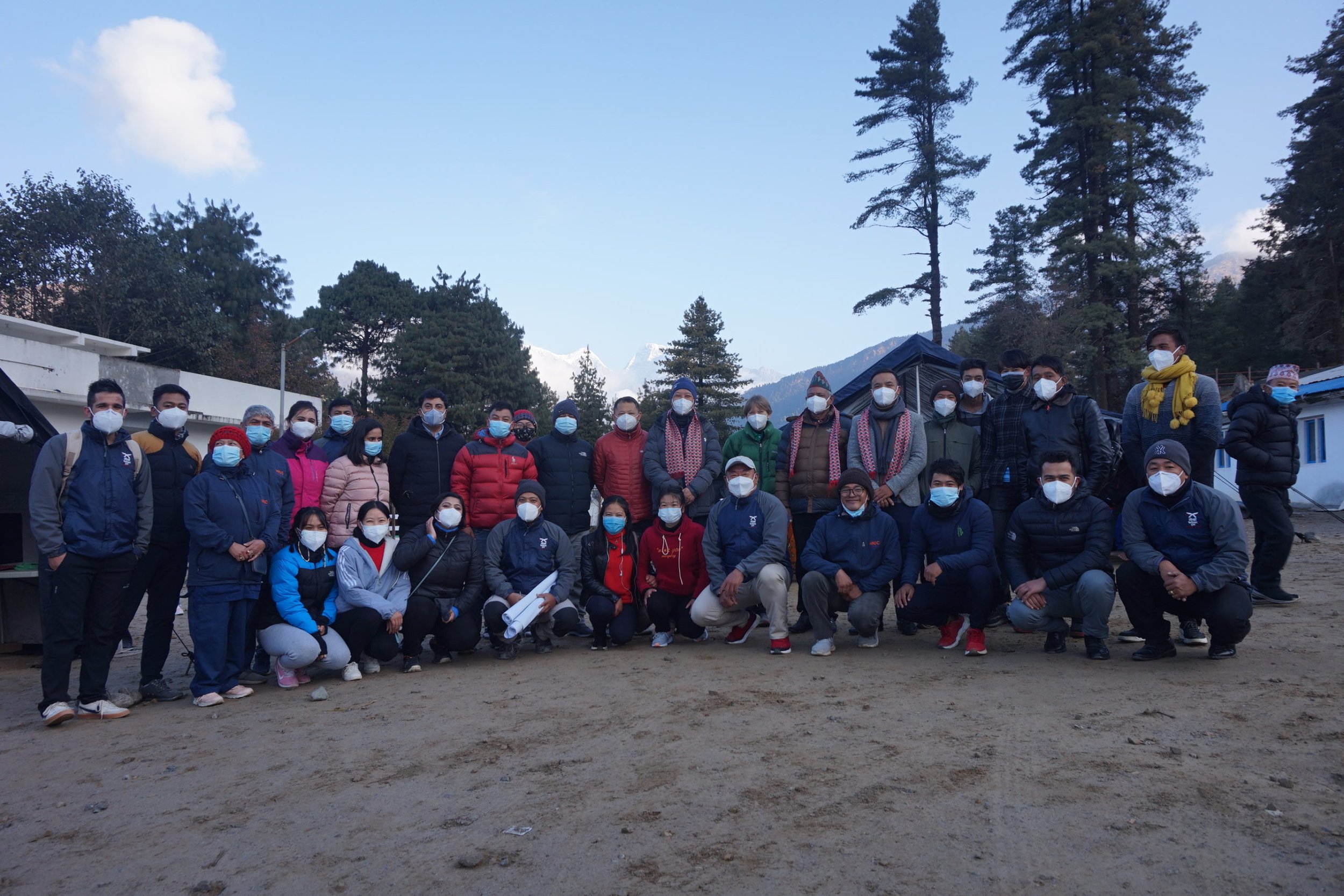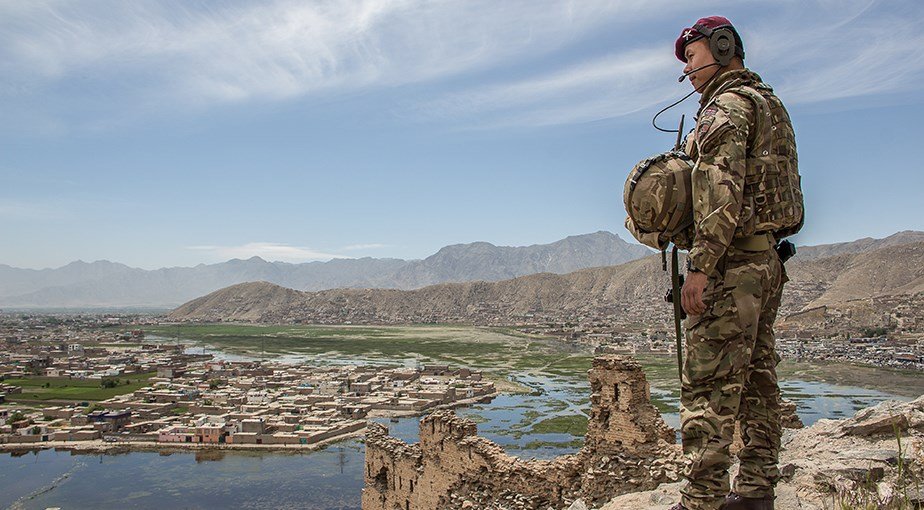News from our latest Medical Camp
/We held another specialist outreach camp at Solukhumbu District Hospital at the end of November, treating 457 patients over five days. The medical camp was a great success, run by our GWT teams in collaboration with local government authorities, the district hospital, and external medical specialists.
At our medical camps we provide free treatment for those living in remote communities in Nepal. We provide a range treatments and health checks as well as supplying prescriptions, mobility aids and equipment. Patients can travel for days to reach the medical camp and many have no other access to medical treatment.
The medical team followed strict COVID-19 protocols before, during, and after the camp. We carried out 496 antigen tests, including the GWT team, medical staff, volunteers, patients, and their carers.
During the camp our medical team
• provided 234 dental treatments: extractions, fillings, scaling and fitting dentures
• carried out 162 hearing tests and fitted 75 hearing aids
• supplied 16 mobility aids/devices
• measured 24 people for prosthesis and mobility devices for fitting at a follow-up camp in January.
Demand for dental services was very high after pausing these for many months due to the COVID pandemic, so we made a snap decision to extend the camp by two days (and fly in two more dental technicians!)






















